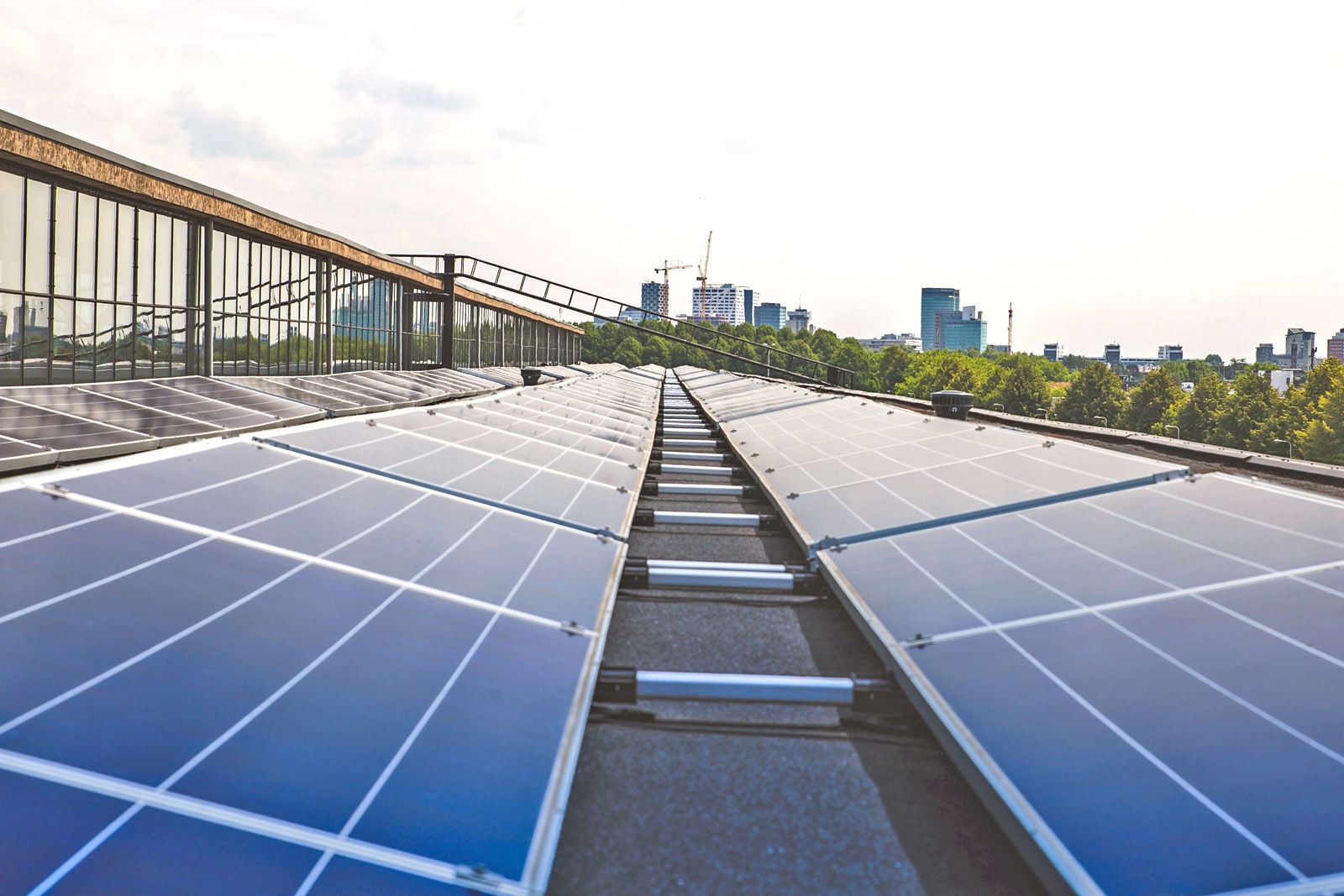University of Edinburgh ‘We must all work together to reach net-zero’
The climate crisis is one of the greatest threats facing the world’s population. It is contributing to extreme weather and biodiversity loss which are impacting the way we live our lives. We need to embrace lifestyle changes to support a low carbon economy in order to avert catastrophic climate change.
The Scottish Government’s Let’s do Net Zero campaign focuses on four key behavioural changes that will help reduce climate threats and ultimately meet Scotland’s 2045 net-zero targets. This target for net zero will only be achieved when the amount of greenhouse gas emissions we put into the atmosphere balances with the amount we are able to take out.
The campaign asks each of us, as individuals, to consider what we buy, how we travel, what we eat, and how we heat and power our homes. It provides advice and guidance on the changes that need to be made in order to tackle the climate crisis. Importantly, it also links to the government support and incentives which will help fund the more costly changes.
Taken together, this information can help guide our daily decisions. Unfortunately, some of the discussion surrounding this issue becomes focused on who should act first, or most boldly. These points are moot. No one individual, sector, institution, policy, or innovation will address this crisis. Only by leveraging all of these measures and working together to the same goal of emissions reductions, will we have a chance of success. A better discussion does not look outward to “who should act?”, but inward to “what can I do, who can I influence, how can I change?”
In addition, meeting the net-zero targets and implementing changes, such as adopting new modes of greener transport and reducing electricity and energy usage to help tackle the climate emergency will also transform the economy and the communities we live in for the better, making them safer, healthier, and more resilient for everyone.
Just like in the Covid crisis we find different groups of society being asked to fulfil different roles. Some were asked to put their lives (literally) on the line. Others were asked to retrain into other roles to support the economy or to do their jobs differently. And others were asked to stay at home.
Similarly in the climate crisis some of us are being asked to design policy and fund incentive packages, others to develop business transition strategies and enact them. Many have the opportunity to retrain into the roles needed to support a low-carbon economy or take a new climate considerate approach to how they can do their jobs differently.
We are all being asked to look at our choices, behaviours, and influence, and to use them to pursue a lower-carbon lifestyle in support of the net-zero aim.
The UN climate conference COP26 will come to Glasgow in November 2021, and the Scottish Government’s campaign provides an unparalleled opportunity to call for urgent action to tackle climate change, to highlight Scotland’s progress to date, and to invite the world to join us on the challenging journey ahead.
Dr Sarah Ivory is Director, Centre for Business, Climate Change, and Sustainability at the University of Edinburgh Business School




